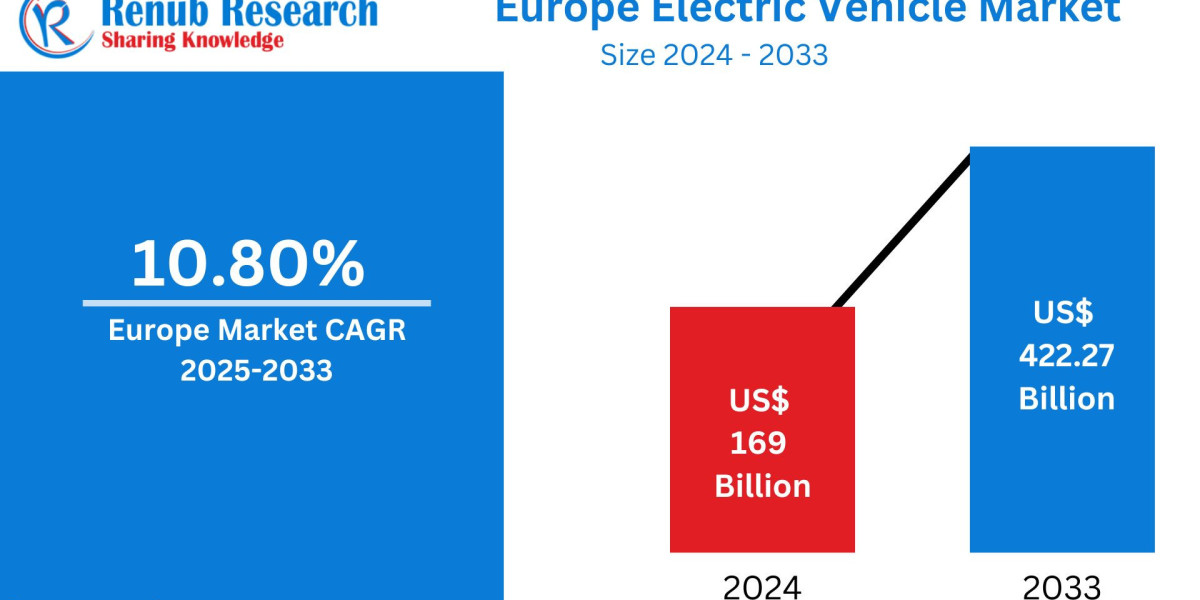In the ever-evolving landscape of digital finance, crypto trading platforms have emerged as essential tools for investors and traders around the world. Whether you're a beginner dipping your toes into cryptocurrency or a seasoned trader looking to optimize your strategy, the platform you choose can make or break your trading experience.
These platforms have grown rapidly in popularity over the past decade, becoming the go-to hubs for buying, selling, and managing digital assets like Bitcoin, Ethereum, and thousands of altcoins. But with so many options available, how do you know which crypto trading platform is right for you?
This blog breaks down everything you need to know—from features and security to fees and user experience—so you can choose the best crypto trading platform for your goals.
What Are Crypto Trading Platforms?
At their core, crypto trading platforms are online services that allow users to buy, sell, and exchange cryptocurrencies. Much like a stock exchange, these platforms provide real-time pricing, trading tools, and account management features to help users navigate the often volatile crypto market.
Some platforms operate as centralized exchanges (CEXs), where a third party manages the transaction and custody of assets. Others function as decentralized exchanges (DEXs), enabling peer-to-peer transactions without intermediaries.
Why Crypto Trading Platforms Matter
The significance of crypto trading platforms extends beyond simple buying and selling. These platforms offer a complete ecosystem where users can:
Monitor market trends and price charts
Use advanced tools like stop-loss and limit orders
Access futures, options, and margin trading
Store cryptocurrencies in built-in wallets
Earn interest through staking or lending
Choosing the right platform can influence your transaction speed, security, trading fees, and access to different digital assets.
Types of Crypto Trading Platforms
1. Centralized Exchanges (CEX)
These are the most commonly used crypto trading platforms. Examples include Binance, Coinbase, Kraken, and Crypto.com. They offer high liquidity, intuitive interfaces, and customer support, making them suitable for beginners and advanced traders alike.
Pros:
Fast transactions
High liquidity
Regulatory compliance
Advanced trading features
Cons:
Users don’t have full control over their funds
Vulnerable to hacks if security is weak
2. Decentralized Exchanges (DEX)
DEXs like Uniswap, PancakeSwap, and dYdX allow users to trade directly from their wallets using smart contracts. There’s no central authority, and trades are typically more private.
Pros:
Greater anonymity
No third-party custody
Access to emerging tokens
Cons:
Less intuitive UI
Lower liquidity for certain pairs
No centralized customer support
Features to Look for in Crypto Trading Platforms
Not all platforms are created equal. When selecting a crypto trading platform, consider the following key features:
1. Security
Security should be your top priority. Look for platforms that offer:
Two-factor authentication (2FA)
Cold storage of funds
Encryption protocols
Regulatory compliance (e.g., KYC/AML procedures)
2. Supported Assets
Some platforms support only a few major coins, while others offer access to hundreds or even thousands of altcoins and tokens. Choose a platform that supports the assets you’re interested in trading.
3. Fees
Fees vary significantly between platforms and can include:
Trading fees (maker/taker)
Withdrawal fees
Deposit fees
Hidden spreads
Even small differences in fees can add up over time, especially for frequent traders.
4. User Interface and Experience
A clean, intuitive interface can save you time and reduce the risk of costly errors. Many platforms offer different versions tailored for beginners and advanced users.
5. Mobile and Desktop Apps
Today’s traders need the ability to monitor markets and execute trades on the go. Look for platforms with reliable mobile apps and fully functional desktop versions.
6. Customer Support
Responsive customer support is essential, especially when dealing with money. Make sure the platform provides accessible help channels like live chat, email, or a comprehensive Crypto Trading
Top Crypto Trading Platforms in 2025
While the best platform will depend on your specific needs, here are some top contenders as of 2025:
1. Binance
Largest exchange by volume
Low trading fees
Wide range of assets and advanced tools
2. Coinbase
Ideal for U.S. residents
User-friendly interface
Strong regulatory framework
3. Kraken
Excellent for margin trading
High security standards
Competitive fees
4. KuCoin
Large selection of altcoins
Passive income through staking
Futures and margin trading available
5. Uniswap (DEX)
Great for decentralized trading
Access to early-stage tokens
No registration required
Risks and Challenges of Using Crypto Trading Platforms
While these platforms offer numerous advantages, there are some risks to consider:
Regulatory Risk: Governments may impose regulations that affect platform operations.
Security Risk: Centralized exchanges are frequent targets for hackers.
Liquidity Issues: Some platforms may struggle to handle large orders, especially with low-volume altcoins.
Scams and Fraud: Fake or unregulated platforms can defraud users out of their funds.
Always conduct due diligence before trusting a platform with your money.
Tips for Safe and Successful Trading
Here are some general tips to help you get the most out of crypto trading platforms:
Start Small: Begin with a modest investment to learn the ropes.
Diversify Your Assets: Don’t put all your funds into a single coin or platform.
Use Strong Passwords and 2FA: Protect your accounts from unauthorized access.
Stay Informed: Follow reputable crypto news sources and updates from your platform.
Withdraw Funds You’re Not Actively Using: Keep your crypto in a secure wallet, not on the exchange.
Final Thoughts
The world of crypto trading platforms is vast, fast-moving, and full of opportunities—but it's not without its complexities. Choosing the right platform is one of the most important decisions you’ll make as a crypto trader.
See more our website visit here












